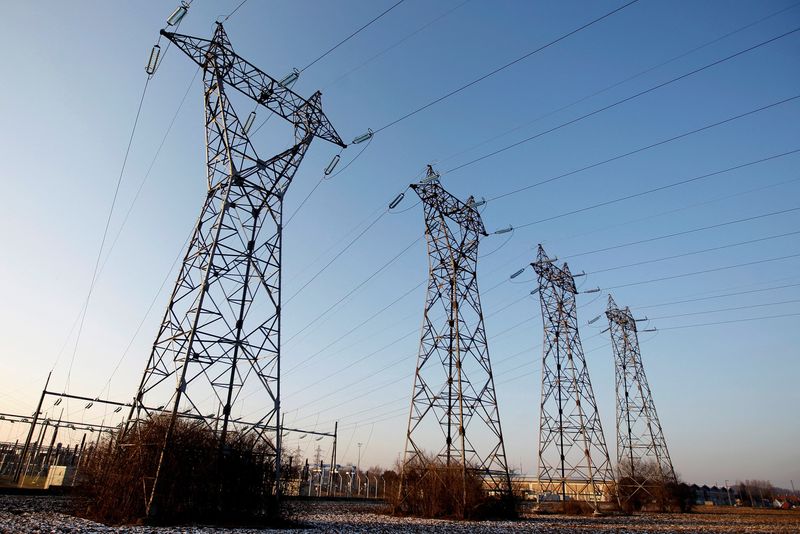By Kate Abnett and Julia Payne
BRUSSELS (Reuters) – Governments looking for ways to help Europe’s struggling industries should focus on the continent’s high energy taxes, which are damaging competitiveness, the head of Europe’s electricity lobby told Reuters.
The European Union is drawing up a package of measures to support weak industries, due early next year, as manufacturing giants from carmakers to steel companies warn of factory closures and thousands of job losses.
Leonhard Birnbaum, president of industry group Eurelectric, said the problems facing Europe’s energy-intensive industries are many, including a more fragmented market than China’s and difficult access to credit – but that policymakers wanting to provide quick relief must “regulate energy prices” snatch away’. all costs not related to the structure of the sector.
“We realize that states always need more money, but if you really want to electrify, then you cannot, for example, have a disproportionate tax burden on electricity compared to the tax burden on gas,” Birnbaum, who is also the CEO of German utility E.ON , Reuters said in an interview.
“If we’re serious about cost competitiveness, if we’re serious about electrification, if we’re serious about decarbonization, then I think we need to take action on this,” he said.
EU industries pay energy prices two to three times higher than those in the US. Taxes represented on average 23% of the retail electricity price paid by European energy-intensive companies in 2023, according to an analysis by the Bruegel think tank.
But many of these duties are imposed by national governments and are outside the control of the EU. Negotiations between EU countries on a proposal to change EU tax rules in favor of cleaner energy sources have been stuck since 2021.
The EU will publish a plan on affordable energy prices early next year. But with tax changes stalled and a recent reform of the EU energy market still being pushed through by national governments, some diplomats wondered what else Brussels has to offer.
A senior EU country official said cutting taxes would provide only “limited” help, and that broader measures were needed to help European industries compete with China – for example EU rules requiring public procurement to buy locally made , buy greener products.

“We have trade policy tools, we have competition policy tools… We need to see a broader context,” the senior official said.
Wholesale electricity prices in Europe rose to their highest level in more than a year last month, although they are still well below their 2022 peak, after Russia invaded Ukraine and cut gas supplies to the EU.


